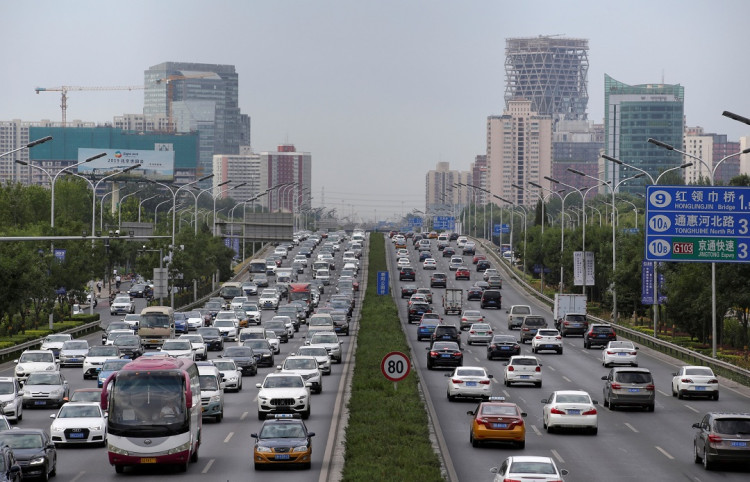China's State Council has announced that it will be implementing a number of new measures that are aimed at bolstering the country's car sales.
The strategy comes at an opportune time in the world's largest car market given that nationwide vehicle sales have continued to contract.
According to the Chinese policymakers, the first phase of their plan will be to gradually ease, or in some cases waive, current restrictions on new vehicle purchases.
The agency also plans to support the purchase of so-called new energy vehicles in select regions around China. The move will apparently be part of a 20-point guideline aimed at bolstering vehicle consumption.
Another part of the strategy will be to provide incentives to local firms to build more petrol stations, specifically in more rural areas. The policymakers mentioned that they plan to remove bureaucratic hurdles to allow the companies to more easily buy and sell wholesale fuel.
Some of the measures that were mentioned aren't entirely new as they were part of previously announced stimulus for the economy in general. Some cities in China have even already implemented some of the aforementioned measures. First-tier cities such as Shenzhen and Guangzhou have already eased their policies involving the issuance of car licenses for interested buyers.
Following the announcement of the new measures, analysts immediately adjusted their respective forecasts. Caitong Securities upgrade their sales forecast with an expected 2.5 percent increase in car sales for the second half of the year. Meanwhile, Huajin Securities updated its recommendation for the country's car industry.
Market experts have mentioned that car-related equities could see a possible rebound after being beaten down over the past year. The policy easement could provide a friendlier environment for carmakers, likely increasing valuation for some of them.
Although, some experts have warned investors to be extra cautious with companies involved in manufacturing new-energy vehicles. These companies are apparently much more likely to be affected by large swings in product prices due to the volatility of the supply and demand of lithium-ion batteries.
For the better part of the year, investors have been shying away from Chinese car stocks.
The industry had been severely affected by the Chinese economy's growth slowdown and the economic effect of the ongoing trade dispute between China and the United States.
Since last year, Chinese vehicle sales have continued to plummet. Car sales in July fell by around 3.9 percent when compared to the same month last year.
According to the China Association of Automobile Manufacturers, July marked the 13th straight month of contraction for the industry.






